Two of the most sought after skills that parents and educators want games to develop is math skills and social skills. This shows two things for me.
Firstly, they are familiar with the characteristics of games and board games, understanding that there are solutions in these areas.
Secondly, we can easily identify issues related to these aspects. And to all this, the fun factor of playing adds up; it doesn't take an expert to know that learning is more enjoyable through play.
In the past ten years, during the more than a hundred lectures, workshops, and training sessions I've had the privilege to conduct, I don't recall a single instance where mathematics didn't come up as a highlighted developmental area.
Of course, each case is unique, but in this article, I aim to compile my most important responses, primarily focusing on the titles of specific games.
Quick jump to sections:
Educational math board games:
Game of Six, Math Dice, Mastermind, Pentomino, Smath, Mammoth Maths, Prime Climb.
Modern Board games that impact math skills:
Ganz Schon Clever, Richochet Robots, Mahe, Schnapp den Sack, Patchwork, Qwirkle, Splendor.
What board game helps with math?
Based on my experience there can be two different responses to this based on what the people mean:
The educational math board games route
They want to discover games created with the specific purpose of developing a mathematical area during play.
Focus is on knowledge transfer.
The general board game route
They are interested in board games that, while educational, do not primarily focus on the direct impact on mathematical areas.
Focus is on motivation.
Which answer you need will be something only you will know, so in this article, I aim to cater to both directions.
In general, whether you are a teacher or a parent, you certainly know your children better than I do. Some prefer knowing that they are learning because focus is important to them, but we also know many children who need learning to be hidden as the mere fact of having to perform blocks them. I also cannot know whether you are looking for math games because something is challenging, or because something is going well. Catching up and talent development can both be excellent goals.
Let's start with so-called edutainment games, where education is more emphasized. Then, we'll take a look into the world of modern board games. What won't be covered are the classic abstract smart games like Chess or Go, as they quite clearly have a beneficial impact on numerous mathematical areas and are frequently discussed.
Educational math board games
You will find three types of games here:
-
Games that can be played and made with few tools. While they might not be as colorful and fragrant as boxed board games, they do offer developmental goals for children.
-
Games that you probably know but might not come to mind when thinking about mathematical development.
-
Board games created specifically for direct mathematical development.
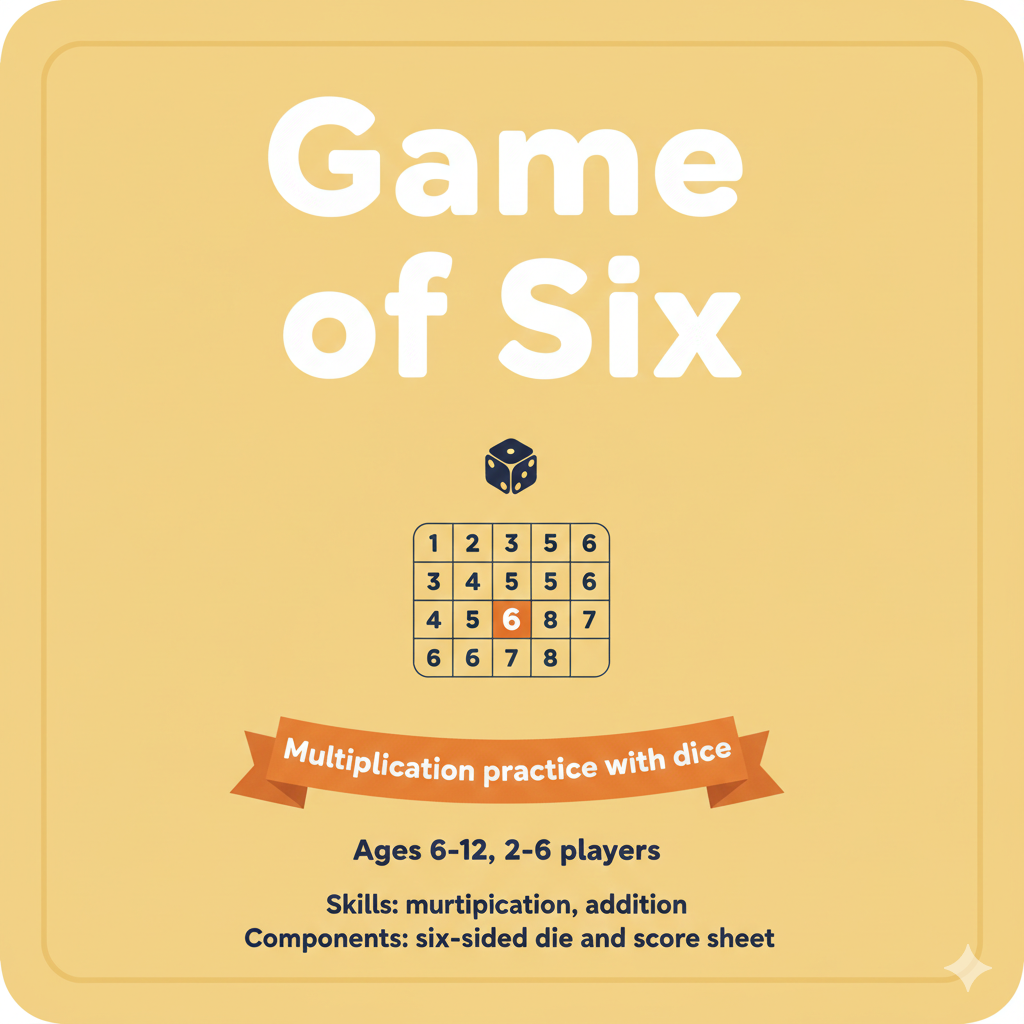
Game of Six
Multiplication practice with dice
Tools
Six-sided die, score sheet
Skills Developed
Multiplication, addition
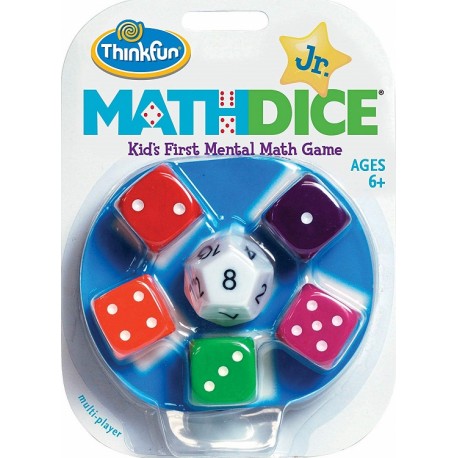
Math Dice
Target number calculation game
Tools
Two 12-sided dice, three 6-sided dice
Skills Developed
Calculation, addition and subtraction, number system, logical thinking
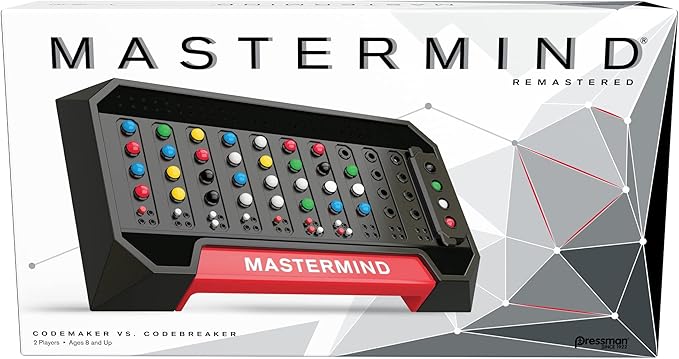
Mastermind
Code-breaking logic game
Tools
Mastermind game set with colored pegs
Skills Developed
Logical thinking, combinatorial and permutation skills, pattern recognition
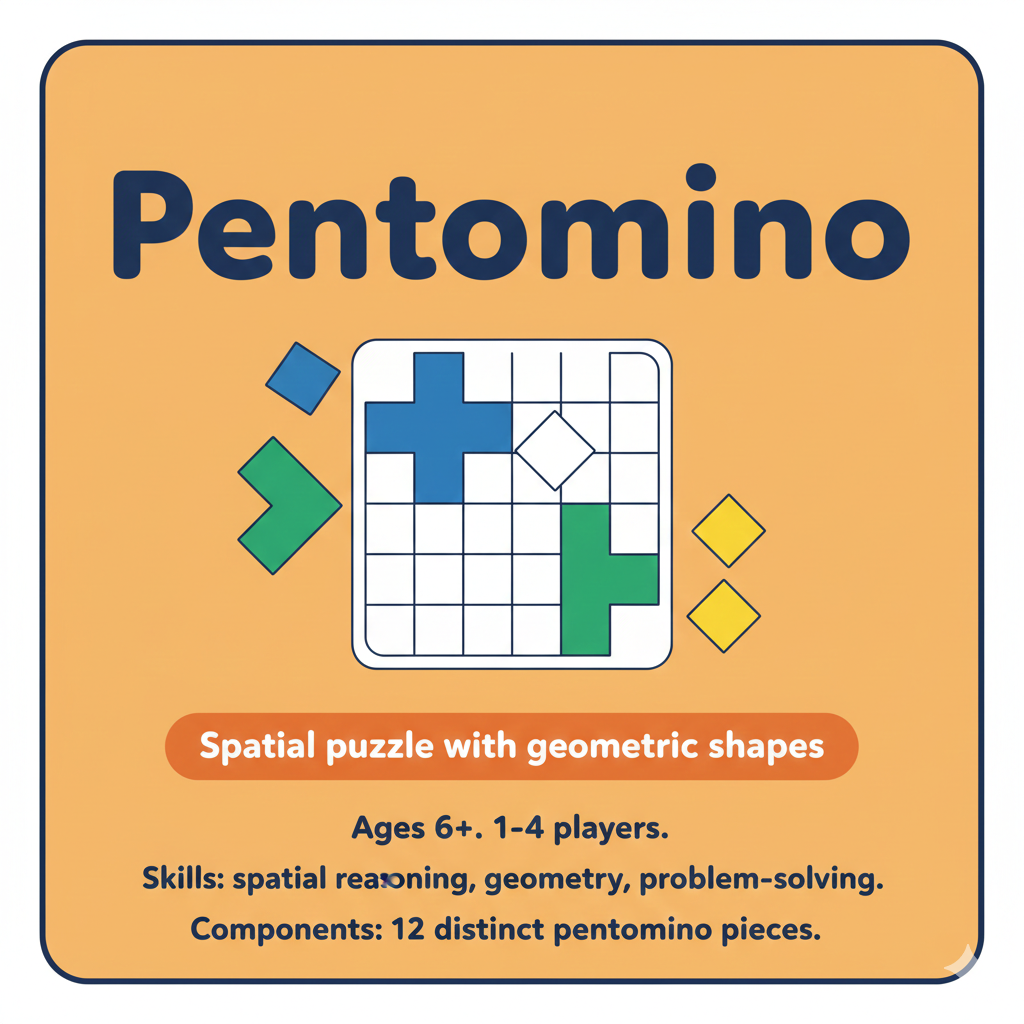
Pentomino
Spatial puzzle with geometric shapes
Tools
12 pentomino pieces, 8x8 board
Skills Developed
Spatial reasoning, geometry, problem-solving
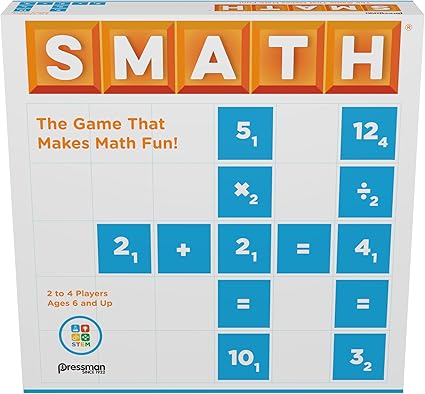
Smath
Math crossword puzzle game
Tools
Smath game board and tiles
Skills Developed
Calculation, addition and subtraction, multiplication and division, logical thinking, pattern recognition
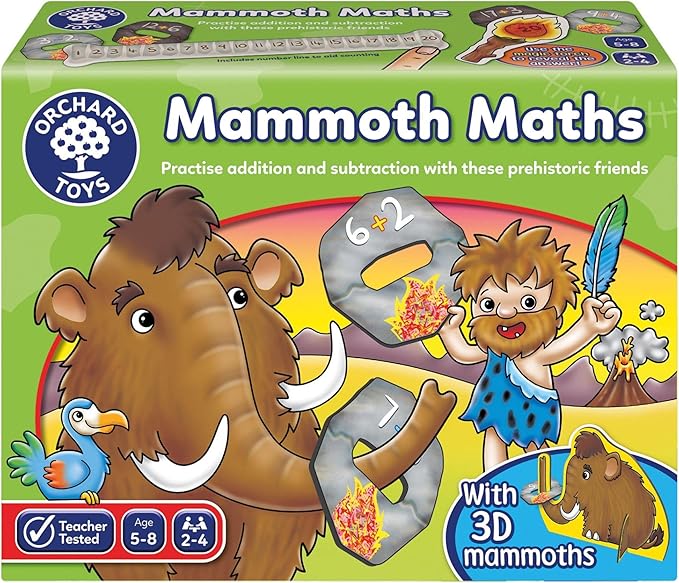
Mammoth Maths
Simple addition and subtraction game
Tools
Game board, dice, stone rings
Skills Developed
Addition, subtraction
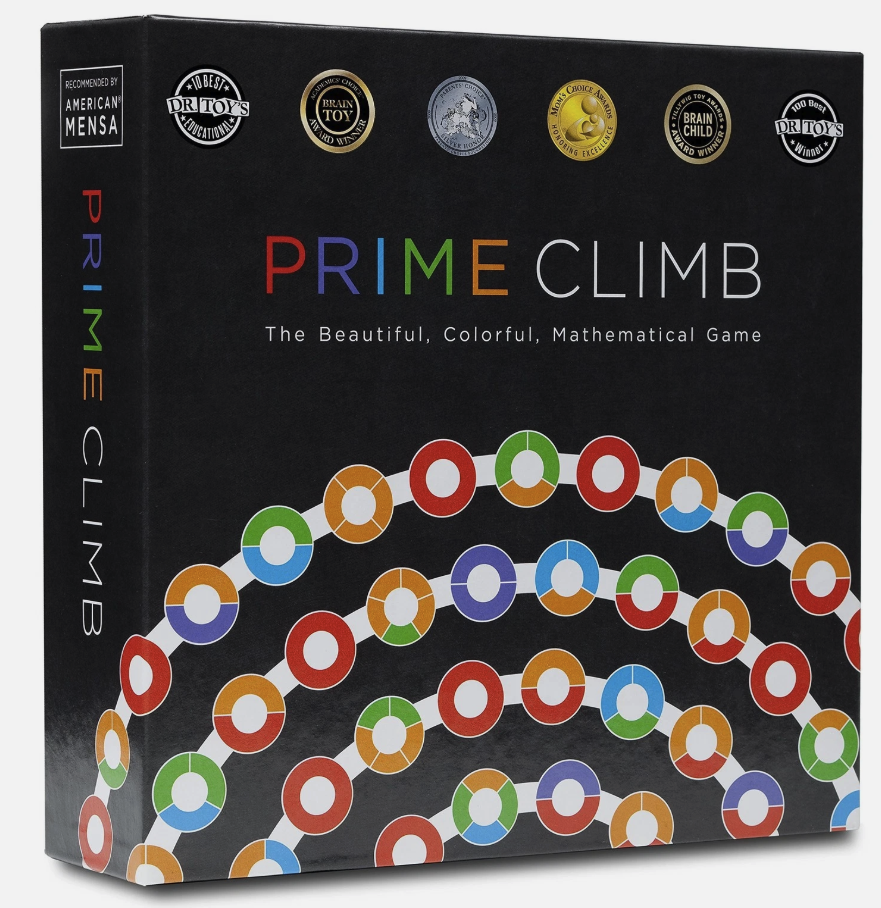
Prime Climb
Prime number strategy game
Tools
Prime Climb game board and pieces
Skills Developed
Primes and composite numbers, multiplication and divisibility, calculation and basic operations, strategy and logic
Modern Board games that impact math skills
These games are not explicitly "math games," but they all involve mathematical thinking and strategy to some degree:
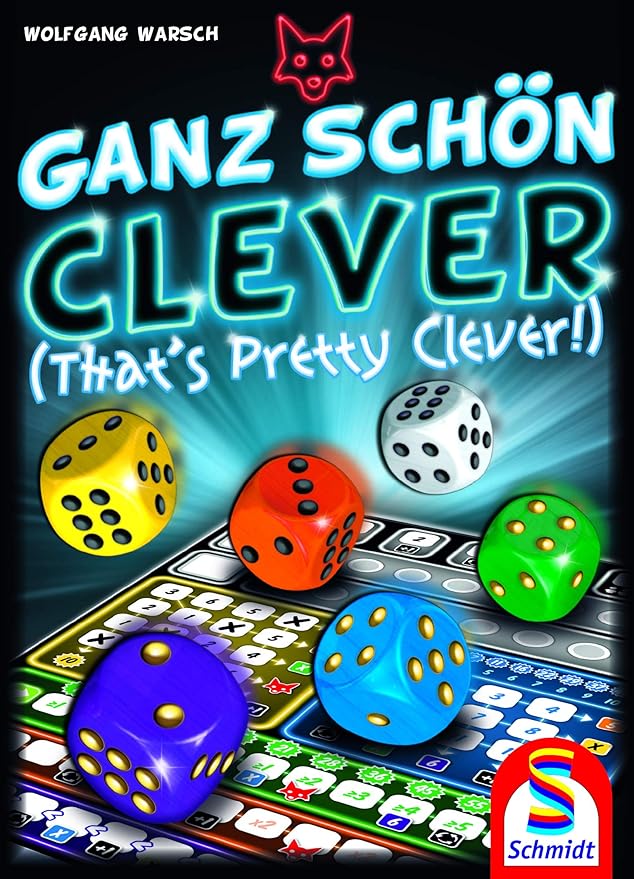
Ganz Schön Clever
Dice rolling strategy game
Tools
Six dice, score sheet
Skills Developed
Combinations and permutations, addition, multiplication, strategy and decision making, mathematical logic
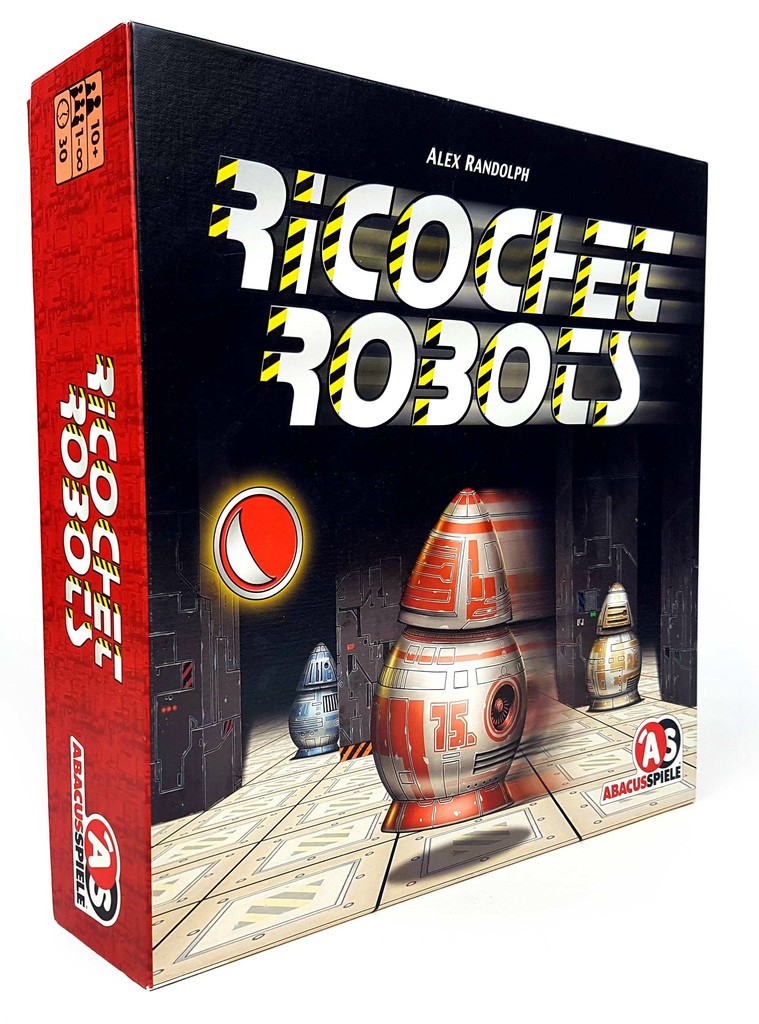
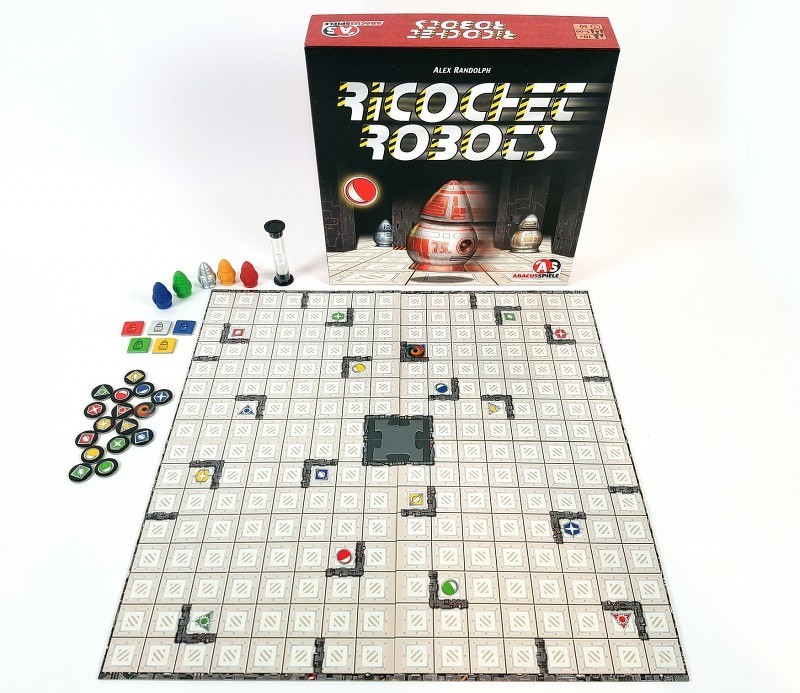
Ricochet Robots
Spatial programming puzzle
Tools
Game board, robot pieces, walls
Skills Developed
Spatial awareness, logical reasoning, coordination and planning, mathematical thinking, working memory, programming
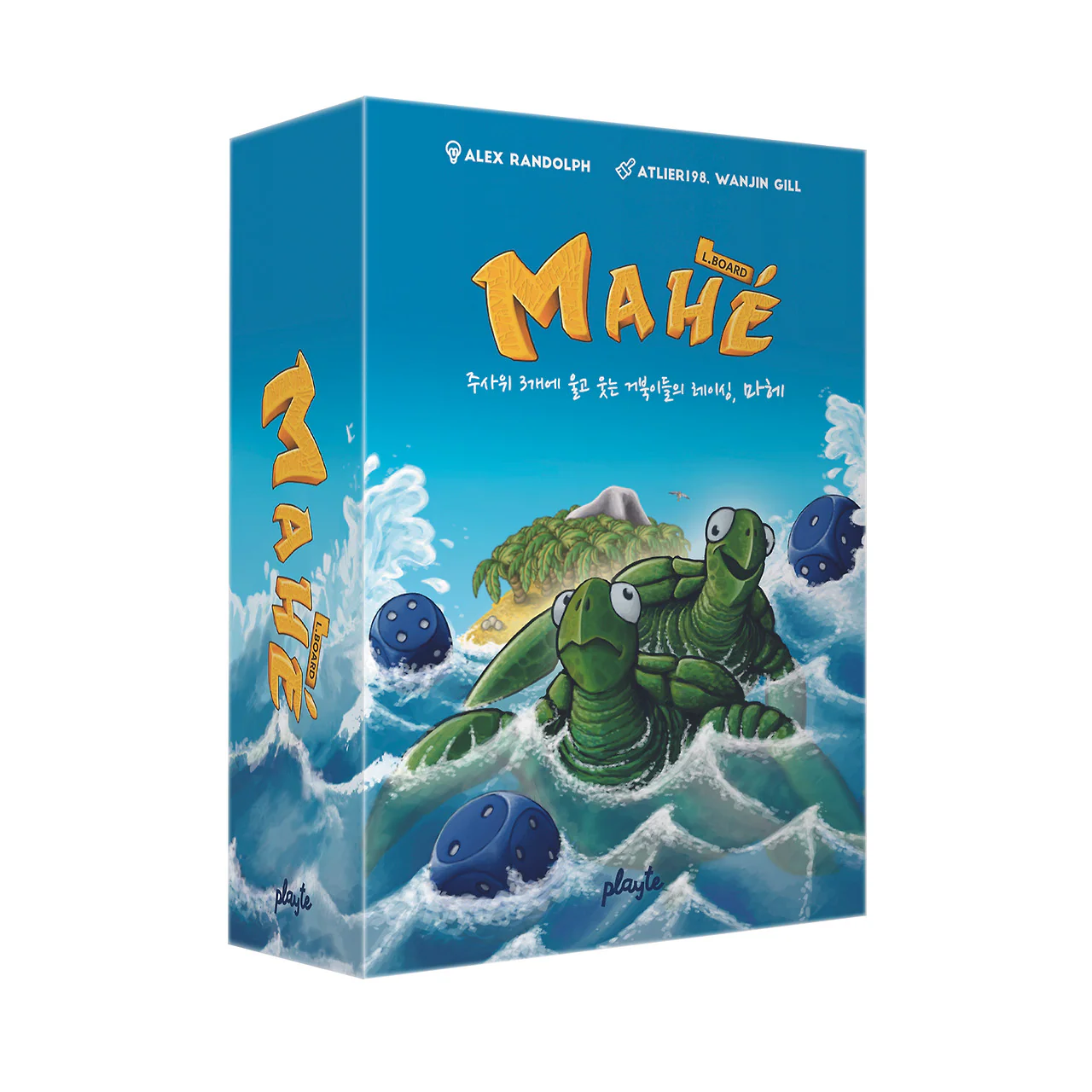
Mahé
Stacking and racing game
Tools
Game board, dice, player pieces
Skills Developed
Counting, multiplication, addition
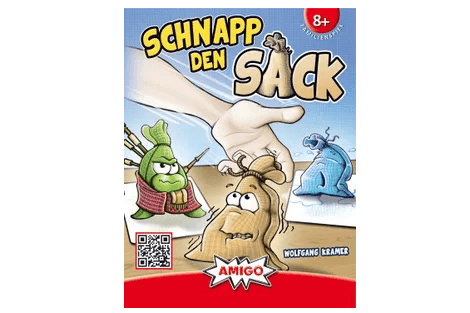
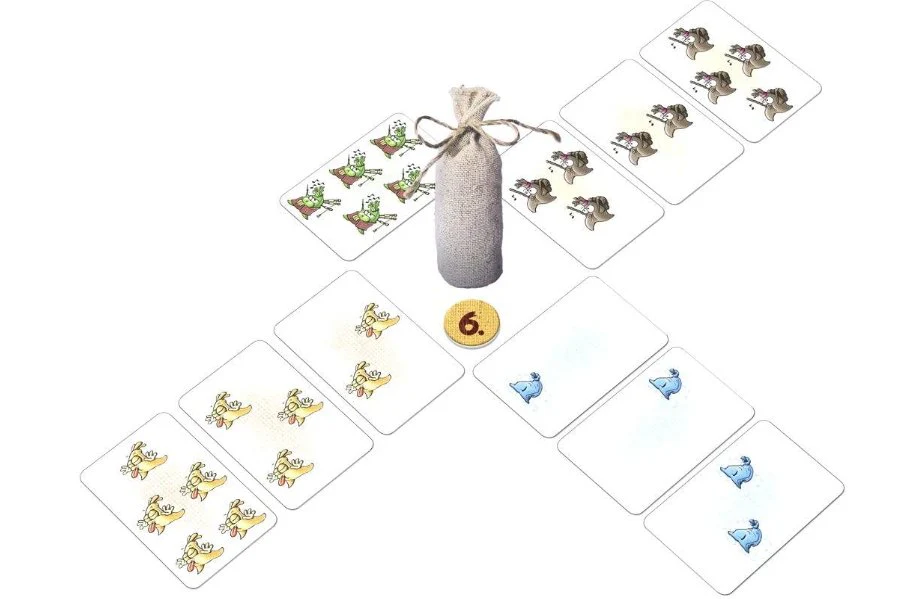
Schnapp den Sack
Quick counting and grabbing game
Tools
Cards, bag
Skills Developed
Addition, strategic thinking, number sorting and comparison, counting and comparison
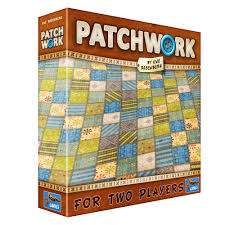
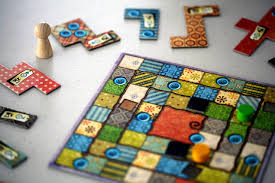
Patchwork
Patchwork is a two-player game that merges the calming art of quilting with strategic gameplay, an interesting dichotomy that sets it apart.
Two players take turns selecting and placing fabric patches on their personal board, trying to cover as much space as possible while managing their supply of buttons (the in-game currency). Time is also a factor, as each patch takes a certain amount of time to sew. The game ends when both players reach the end of the time board, and the player with the most buttons after penalties wins.
Tools
1 time board, 2 player boards, 33 fabric patches, 5 special patches, 1 neutral token, 50 button tokens, and a rulebook.
Skills Developed
The game enhances spatial reasoning, resource management, strategic planning, and decision-making, as players must efficiently fit patches onto their board while managing their button economy.
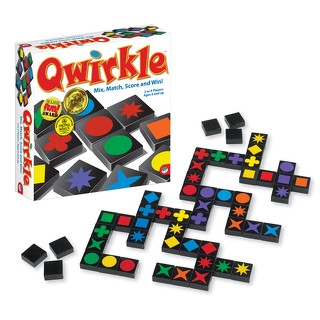
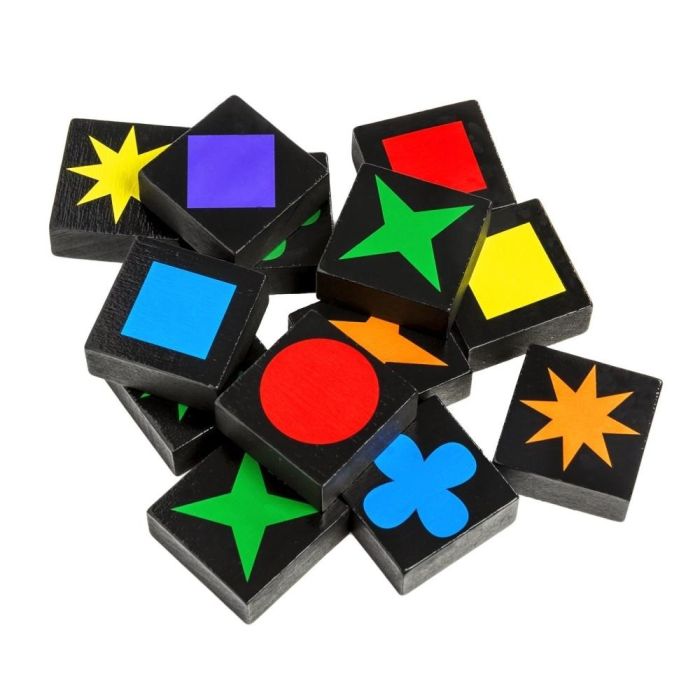
Qwirkle
Take it or leave it? That’s all there is to it—yet every decision makes you sweat.
Players take turns placing tiles in a shared grid, matching either colors or shapes in a row or column. The more tiles placed in a sequence, the higher the score. A Qwirkle (a full set of six matching tiles) earns bonus points. The player with the highest score at the end wins.
Tools
108 wooden tiles featuring six different shapes in six different colors.
Skills Developed
This game enhances pattern recognition, strategic thinking, spatial awareness, and planning skills, as players must carefully place tiles to maximize their points.
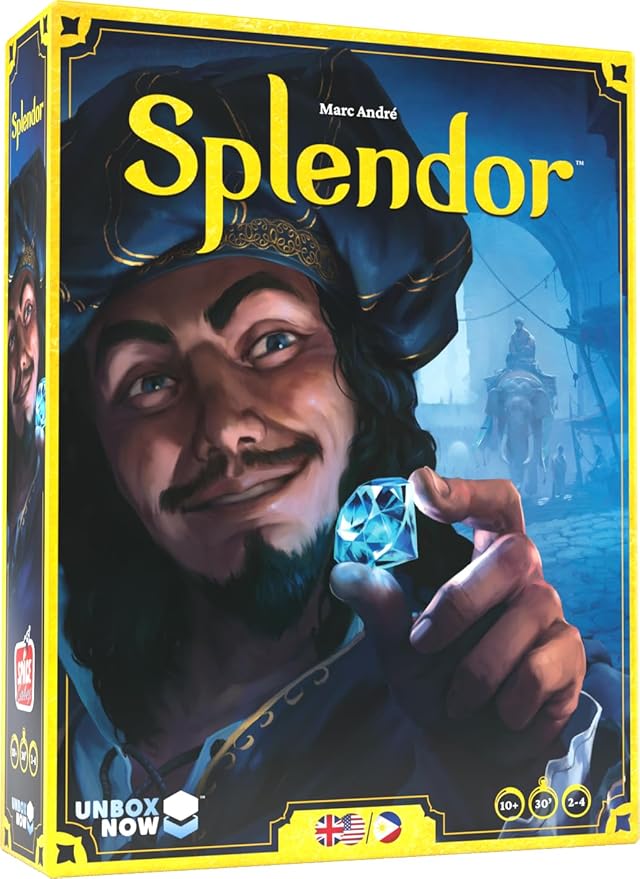
Splendor
Gem trading engine building game
Tools
Gem tokens, development cards, noble tiles
Skills Developed
Resource management, arithmetic, economic concepts
A possible journey
With the listed games, I have a lot of good experiences, but there are surely other excellent choices as well. If you've gone through the above list, it's possible that something on your shelf also came to mind, which could be good for developing mathematical skills.
With a bit of exaggeration, every board game involves some level of math. If nothing else, you need to add up the points. The key is to try out many things and pay attention because if a particular direction works with the kids, that's the path to follow.
Have a great journey! And most importantly: have fun playing!
More Math Game Resources
No spam, ever. Unsubscribe anytime.
Spread the Fun of Learning!
Love our content? Show your support by sharing our page with your friends and help us inspire more families and educators with the joy of learning through play! Your shares truly make a difference. Thank you for being a wonderful part of our community!
